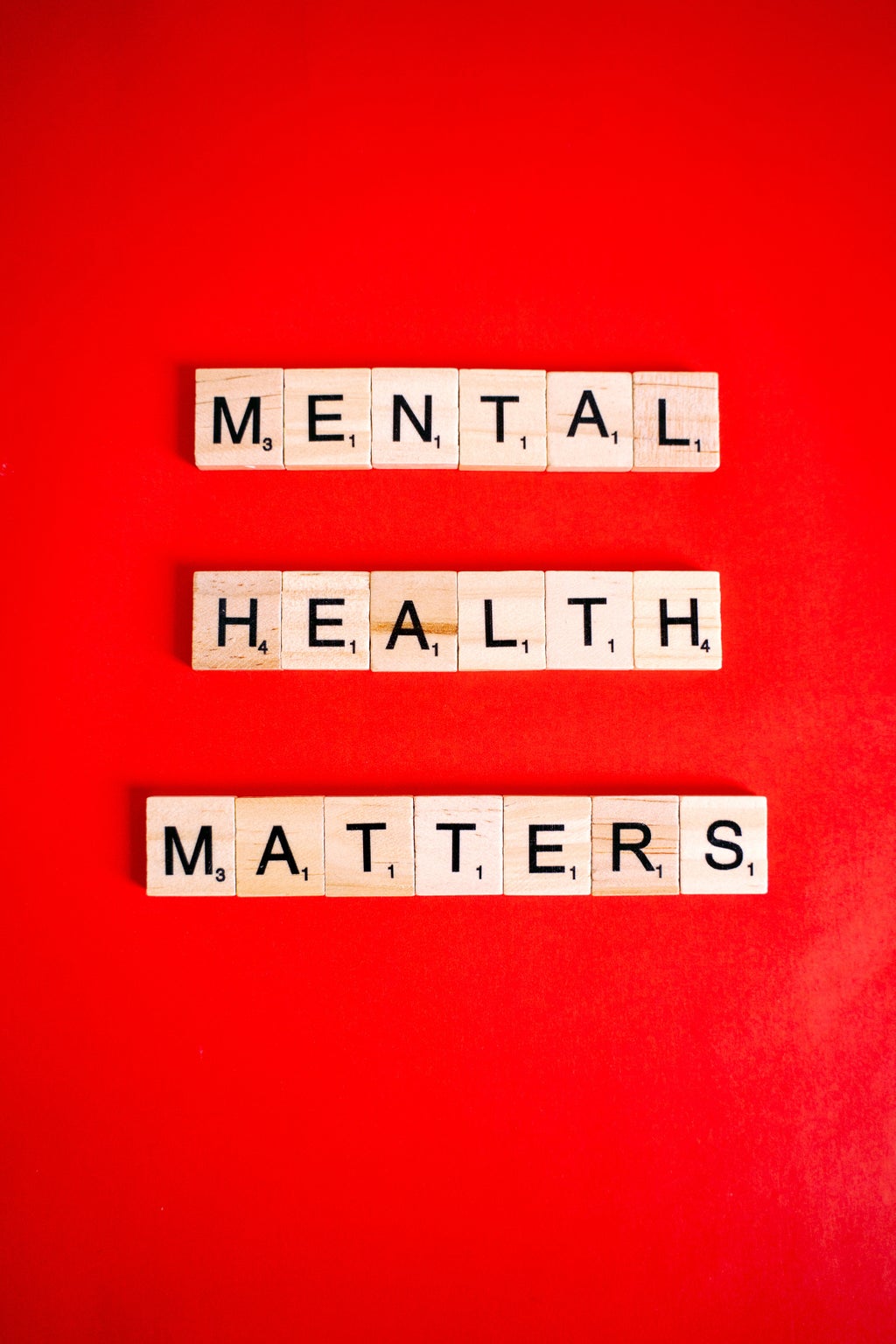I remember exactly where I was when I heard about it. I was chilling at my friend (and HC President), Simmi’s place, about to sign into an advising appointment, when she yelled out, “Fizzah, Liam died!” At first, I thought she was talking about Liam Neeson or Liam Gallagher, considering their age. But, as we both escaped X and rushed towards more reliable sources, we found the headlines. “Liam Payne, 31, found dead in Argentina.” His alleged cause of death was falling from a 3rd-story window due to having multiple substances in his system.
As many other directioners, including myself, mourn and grieve this sudden loss, I think the culture is forced to ask the question: How could this happen? Was it the onslaught of online harassment or the toxic environment of the music industry? And how can it be stopped from happening again?
In case you didn’t know, Payne rose to fame at a young age after being grouped on “The X Factor” in 2010, at the age of 17. One Direction’s rapid ascent to international superstardom brought him into the spotlight, where he and the other members became household names, playing in stadiums of hundreds of thousands of people. With that fame, however, came a barrage of pressures: demands of constant public attention, media speculation, and the hyperactive schedule that accompanied the band’s releasing five albums and tours in five years.
The death of Payne highlights an alarming pattern that has emerged in celebrity culture: a system that often fails to recognize the toll fame takes on individuals. Public figures are not only idolized but also expected to maintain an impossible level of perfection. The scrutiny is relentless, and the cost of this kind of fame, particularly for young stars, can be heavy. Many, like Payne, have spoken candidly about their struggles with mental health, addiction, and the weight of constant visibility.
Payne, in particular, had been open in recent years about his challenges. In interviews and social media posts, he discussed his battles with addiction and mental health, shedding light on the darker side of fame. Despite the outward appearance of success, Payne’s revelations pointed to the mental and emotional strain that comes with constantly being under the public eye. The tragic loss of Payne follows a string of other young stars who’ve succumbed to the pressures of celebrity life, reigniting a broader conversation about how society treats its celebrities.
Celebrity culture, fueled by social media and 24/7 news cycles, often turns stars into commodities, forgetting that they’re real people behind the fame. These individuals are not immune to struggles, yet they’re often denied the privacy and support necessary to cope with life’s challenges. A tragic example being that picture TMZ posted of Payne’s body moments after his death, likely making it the first photo seen by his family and friends. This toxic cycle not only denies the basic right of privacy to celebrities but also creates an unhealthy parasocial relationship for the young fans who look up to these figures as role models.
While the hot topic on everyone’s tongue is Payne’s ex-fiancé Maya Henry, and her exposé released just a few days before his death, it should be pointed out very plainly that he deserved help, not death. Payne was very clearly struggling with depression and addiction, and while that doesn’t excuse his behavior, it gives people a moment to reflect on how the internet enables and abuses someone’s weaknesses until tragedy occurs. It also shows how the internet will label anything as problematic, as many fans were ridiculed and teased for talking about their grief publically.
As many mourn the loss of Payne, there’s an opportunity to rethink the way society engages with and views celebrities. The constant pressure to uphold an image, the intrusive nature of fame, and the unhealthy expectations placed on public figures must be addressed to prevent further tragedies. Payne’s death serves as a somber reminder of the humanity behind the celebrity façade, urging a more compassionate and mindful approach to society’s consumption and interaction with celebrity culture.
Ultimately, the legacy of Liam Payne should not only be his contributions to music but also a call to reconsider the damaging effects of teenage stardom. In honoring his memory, one must also commit to creating a healthier, more empathetic environment for public figures.





